How has Beijing’s crackdown on civil society changed Hong Kong?
By DW
18 June 2022 |
12:09 pm
Three years ago, a protest movement began in Hong Kong against an extradition bill, which led to an authoritarian response from Beijing that would forever transform the city and its people.
In this article
Related
Related
1 day ago
India's mammoth elections are now under way, with Prime Minister Narendra Modi widely expected to win a third term. Since coming to power in 2014, Modi has expanded subsidy programmes for the poor and women.
4 hours ago
Three French diplomats were given 48 hours to leave Burkina Faso on Thursday after being declared persona non grata by the ruling junta. The trio have been accused of "subversive activities", allegations that Paris denies. Relations between the two countries have been unravelling since 2022, when Burkina Faso saw its second coup in less than nine months.
20 mins ago
The Croatian city of Vukovar, on the banks of the Danube, has a painful past. Located on the border with Serbia, it was the scene of the first major battle in the 1990s Balkan wars. Four years before the genocide in Srebrenica and eight years before the war in Kosovo, Vukovar was the first city in the former Yugoslavia to suffer ethnic cleansing, in 1991.
9 hours ago
Iranian state media have reported loud explosions in the sky near the central city of Isfahan. Tehran says say its air defense systems were activated at a nearby military base and a nuclear facility.
1 hour ago
The case had been noted as an extreme example of European governments' efforts to thwart NGOs helping migrants in the Mediterranean.
9 hours ago
In this week’s special edition of Access Asia, we focus on India as the country's record-breaking election gets under way. In the past few years, India's ranking in the World Press Freedom Index has plummeted.
Latest
18 mins ago
Senegal announces a record seizure of cocaine; the most ever intercepted on land by authorities. Over a ton of the illicit drug was confiscated from a truck near the border with Mali.
20 mins ago
For months, Europe has been rocked by protests as farmers decry high costs and low prices, in addition to what they call unfair competition from Ukraine, and the constraints of environmental regulations. EU elites are worried that the farmers' movement will boost anti-establishment parties in the European elections this June. The EU Commission has put forward proposals to ease the burden on farmers, but environmental groups say this is a short-term political tactic that undermines elements of the EU's own Green Deal – and will ultimately lead to more climate chaos for everybody, including farmers. We unpick this with the EU's Agriculture Commissioner, Janusz Wojciechowski.
1 hour ago
Doctors in Kenya have been on strike for five weeks, demanding better wages and working conditions. President William Ruto says his government is out of money to pay the medics. Meanwhile, patients remain without care.
1 hour ago
Indians begin voting on Friday in what will be the world's biggest-ever election, with nearly a billion registered voters.
2 hours ago
Studying microbes at crime scenes could aid forensic pathologists in better determining potential suspects and confirming or refuting alibis in suspected murder cases, particularly when the time of death is unclear.
2 hours ago
We look at reactions as Indians prepare to vote in mammoth elections. Prime Minister Narendra Modi is hailed for having elevated India to the international stage, but criticised for curbing the rights of minorities.
×

Get the latest news delivered straight to your inbox every day of the week. Stay informed with the Guardian’s leading coverage of Nigerian and world news, business, technology and sports.


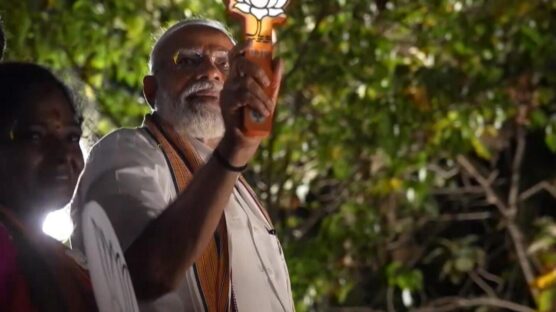
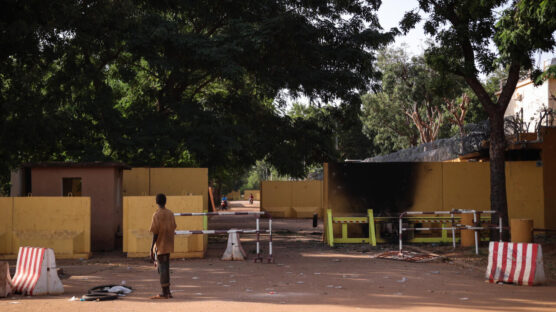

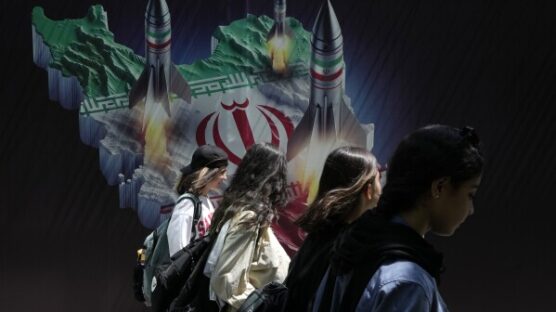
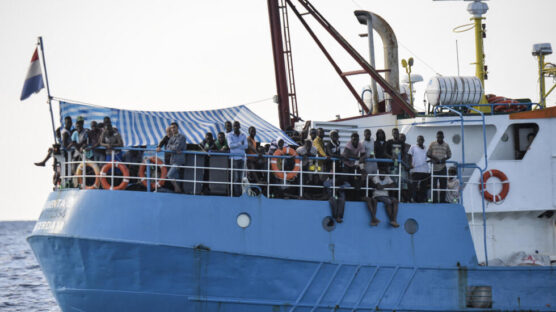
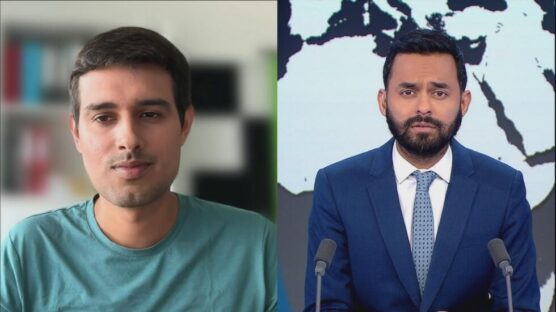






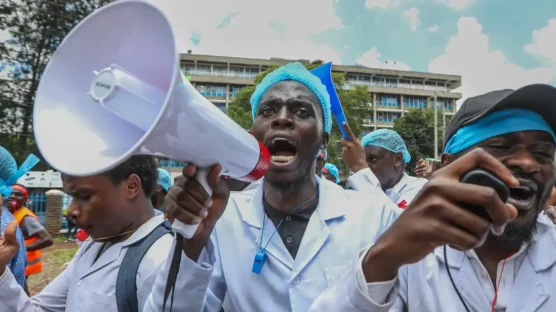
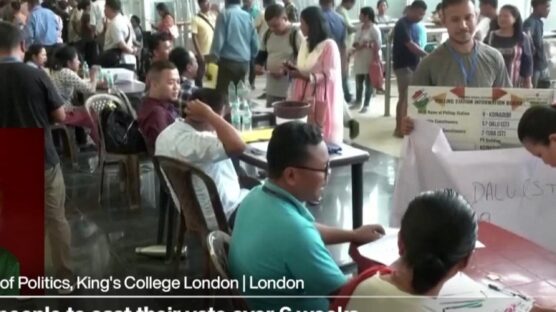

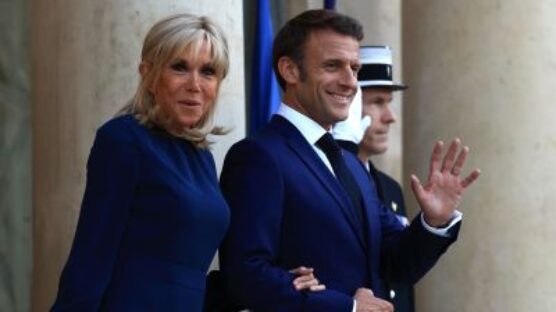
0 Comments
We will review and take appropriate action.